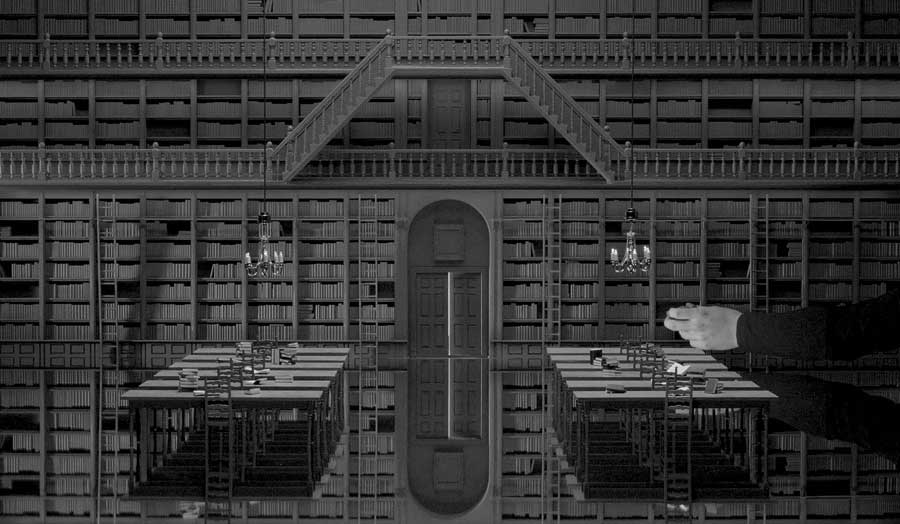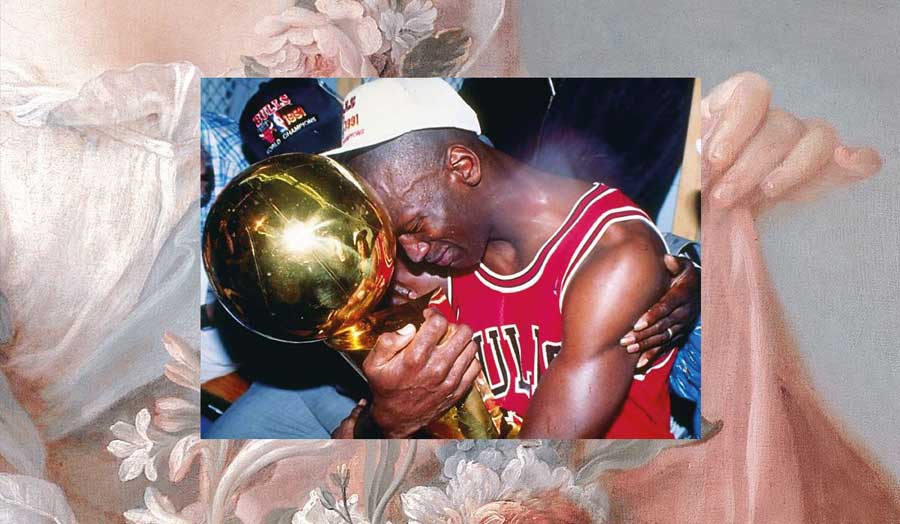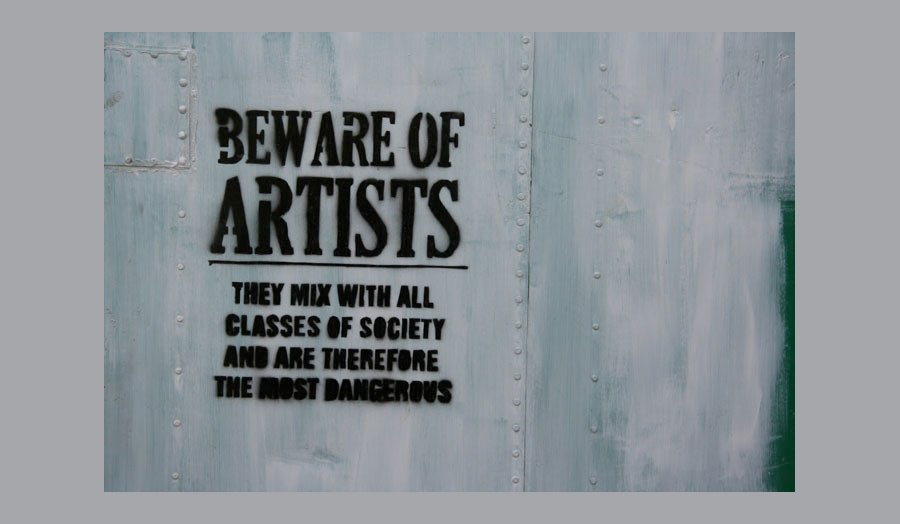Edwina Attlee
“Consider relationships of dependence, my sister suggests. ‘You don’t own your body – that’s not what we are, our bodies aren’t independent. The health of our bodies always depends on choices other people are making.’ She falters for a moment here, and is at a loss for words … ‘I don’t even know how to talk about this, she says, ‘the point is there’s an illusion of independence.”
— Eula Biss, On Immunity
“I encouraged them to think of the moment of not understanding what someone says as a space to learn. Such a space provides not only an opportunity to listen without ‘mastery’, without owning or possessing speech through interpretation, but also the experience of hearing non-English words. These lessons seem particularly crucial in a multi-cultural society that remains white supremacist, that uses standard English as a weapon to silence and censor.”
— bell hooks, Teaching to Transgress
A feminist approach recognises that discrimination exists – in spaces of learning as much as in spaces beyond the institution – and affirms that by ignoring it we are culpable of repeating it. In this studio you will be invited to take a feminist approach to your dissertation and its topic, whatever that topic might be. This might mean investigating the work of women within your practice or discipline, or rejecting histories that privilege the single ‘genius’ be it designer, author or artist. It might mean, as Eula Biss suggests, considering your research topic as part of a constellation, looking out towards a wider net of connections than previously considered, or perhaps tying your topic more closely to someone else’s.
In the context of architecture, Marianela D’Aprile calls for investigations into "the history of women’s organisations in architecture and design… or a survey of the design of spaces used predominantly by women (nurseries, domestic violence shelters, single-sex schools)… the majority of women who interact with buildings are not architects; there is more to be gleaned about the role of architecture in women’s lives by looking at their experience" (Marianela D’Aprile). Whatever your focus or background within the school, we will read and work together collaboratively to help you find your own approach.
bell hooks talks about the importance of welcoming languages beyond English into the seminar room – I would like to do this too; and to think about what this inclusion means; what silences might be undone, what censorship resisted, what new forms created? You might want to join this group to tell a story that has been absent – or you might want to find another way of telling stories.
Previous dissertations have dealt with topics as wide-ranging as: gender in English skateboarding, the history of zines in the riot grrl movement (focus on Brazil), kitchens as sites of resistance – through a Spanish tortilla cooked by three generations, and myths of masculinity in architecture (focus on the UK workplace).
Studio bibliography
- Sadie Plant, Zeros and Ones: Digital Women and the New Technoculture (Harper Collins, 1997)
- Rozika Parker, The Subversive Stitch: Embroidery and the Making of the Feminine (Bloomsbury, 1984)
- Michel de Certeau, Luce Giard, Pierre Mayol, The Practice of Everyday Life: Volume 2. Living and Cooking, trans. Timothy J. Tomasik (University of Minnesota Press, 1998)
- Trinh T. Minh-ha, Woman, Native, Other: Writing Postcoloniality and Feminism (Indiana University Press, 1989)
- Rebecca May Johnson, Small Fires: An Epic in the Kitchen (Pushkin Press, 2022)
- Holly Pester, Go to reception and ask for Sara in red felt tip (Test Centre, 2015)
- Saidiya Hartman, Wayward Lives Beautiful Experiments (Serpent’s Tail, 2019)
- Dolores Hayden, The Grand Domestic Revolution: A History of Feminist Design for American Homes, Neighbourhoods and Cities (MIT Press, 1981)
- Leslie Kanes Weisman, Discrimination by Design: A Feminist Critique of the Man-Made Environment (University of Illinois Press, 1992)
- Annie Ernaux, The Years, trans. Alison L. Strayer (Fitzcarraldo, 2018)
*
Image: Lubaina Himid’s We Will Be (1985, detail). Banner image: Hans Op de Beeck, Staging Silence (3), video still (detail), 2019

Details
| Tutor | Edwina Attlee |
|---|



















